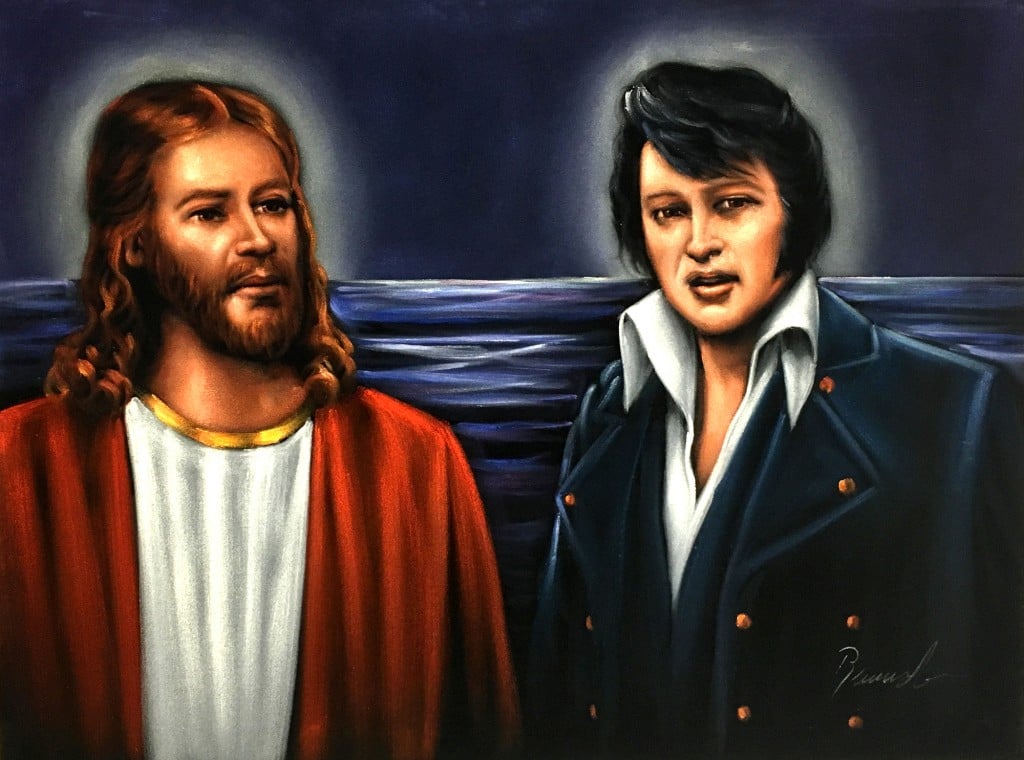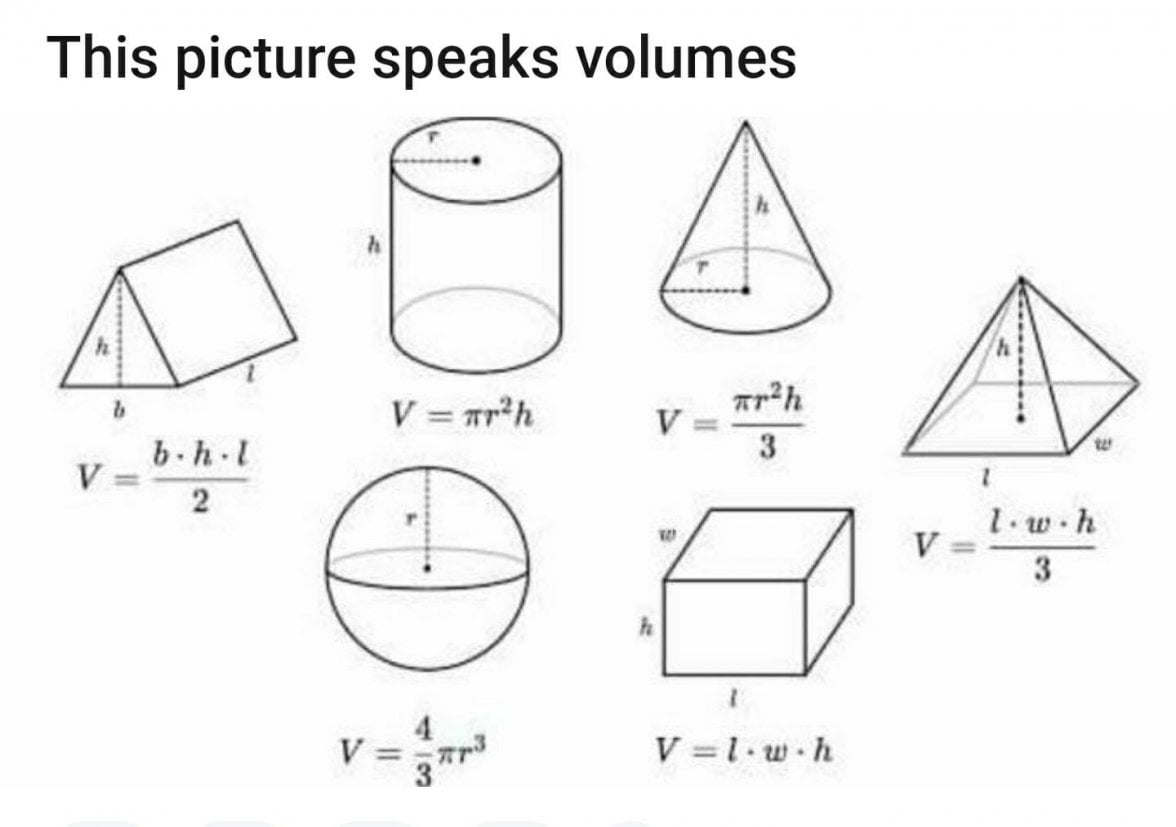f you can define these terms, that may help us move forward.
Thanks. I would say first that works of art can be, and typically are perceived in their entirety. In other words, the viewers (or listeners) respond to them, especially initially, as they are presented, unfiltered, and without much (if any) intellectual analysis. Such reactions are, in a sense, "gut" reactions. They may like or dislike, "love" or "hate" a work, but at first, the reaction wouldn't typically include thoughts about
why they have reacted in any particular manner.
So it is, at least initially, typically not an intellectual exercise for most. The viewer/listener may be impacted in a
big way, suggesting an emotionally powerful work, but as they themselves are not consciously breaking down the process, I'm not sure why it would be necessary to do so in order to explain such reactions.
Consider that it is also possible for people to respond in similarly extreme ways to the same work, yet for different reasons. One listener may find a Mozart work to be absolutely
sublime because of its complexity, and the apparent genius required to create the composition. Another may react with similarly high praise, but simply because it relaxes him or her
profoundly. Both listeners were impacted powerfully, and may consider the composer to be "great", but as they arrived at their conclusions for different reasons, I'm not sure that it would be helpful for me to attempt to define terms like "beauty", or "emotional power", etc.
Of course experts do, and anyone can attempt to destruct what makes a particular work so moving, or seemingly profound. And by sheer coincidence, I stumbled across this post (linked below) a few minutes ago. It is a scholarly essay on Beethoven, including this quote:
"The music is exquisitely beautiful in the mode of
invigoration: no composer in history is more humanistic than Beethoven. As Leonard Bernstein once said:
No composer has ever lived who speaks so directly to so many people, to young and old, educated and ignorant, amateur and professional, sophisticated and naïve. To all these people, of all classes, nationalities, and racial backgrounds, this music speaks a universality of thought, of human brotherhood, freedom, and love."
The essay is well worth a read, as it touches on, or helps to illuminate, more than one of the things that we're attempting to parse out:
https://dissidentvoice.org/2020/10/the-revolutionary-beethoven/
This again goes back to the idea that individual judgements have little value, but when the sum of these individual judgements align, are combined, amplified with time, and by people who have an interest, they somehow give some "extra" meaning and value to what is being judged. Not only that but even if we personally do not find the thing being judged to be to our taste, we must acknowledge the inherent "greatness" of the thing...
While you are reading my basic view correctly, I would
not say that any individual is
required to consider an artist or work to be "great". But I do think that the dissenters would likely benefit from an understanding of
why such a large majority of people hold them in such high regard. I've mentioned on this very thread my dislike of Twombly's work, but at least I did gain something of an understanding of why others consider him to be so important, and it has proven useful. I'm not an Opera fan, either, but I can understand why so many are moved emotionally by them, and find them to be beautiful.
I'm sure we can agree that even in the case of artists who are held in the highest regard, there is no reason whatsoever to attempt to convince dissenters to change their minds. I have no more interest in attempting to
dictate what is "good", or "great art", than you.



